Entering Israel: Updated COVID Guidelines
It’s been two long years - two long years of masks, social distancing, isolating, not seeing friends and - of course, not travelling. Corona has made it so hard for us to take a vacation, even in our own countries, let alone abroad. And Israel, which was one of the first countries in the world to shut its border, when things first became alarming, has been closed for business for what seems like forever.

Heart shape hands. Photo by Anton on Unsplash
Bruchim Habaim - Welcome to Israel!
The good news is that it seems we’re slowly getting back to our routines, and whilst it’s not ‘normal’, the ‘new normal’ means that at least we can take a trip. Before the pandemic, Israel was an incredibly popular destination for travelers from around the world - whether you’re a family with young kids, a foodie, a Christian pilgrim, an intrepid backpacker, an archaeologist or historian who’s looking for a private tour, or someone who wants to lie on the beach day after day, Israel can help.
Traveling in the Holy Land
And because it’s so small, it’s an easy country to travel within - base yourself in Tel Aviv and make day tours to Jerusalem, the Galilee, or even Acre. Roman amphitheaters, boutique vineyards, and the Golan Heights are all within easy distance of the center too, if you want an overnight trip. Or what about heading off to the desert or the Red Sea for a few days of R&R? After all, from Jerusalem or Tel Aviv, you’ll be there in no more than a few hours. Yes, there’s no shortage of places to visit in the Holy Land.

Bedouin village in Israel. Photo credit: © Shutterstock
We’ve been giving regular COVID updates throughout the last two years, and now Israel’s borders have started opening (albeit slowly), we want to bring you up-to-date on current regulations and how they are going to change again on 1st March. Of course, everything’s subject to change, but - if all goes well - Israel will be fully open for business very soon - in time both for Passover and Easter in Jerusalem when thousands of Christian pilgrims from around the globe fly to Israel to commemorate the last week of Jesus’ life.
Below, we’re going to try and give some information to make planning your trip here as easy as possible. Whether you’re a first-time visitor or a returning Israel-aficionado, they may help answer your questions, and give you a renewed vigor for dusting off your passport and taking a long-overdue holiday!
Ein Avdat Canyon, Israel. Photo by Callie Joseph on Unsplash
Current Entry Requirements for Israel
A question we’re often asked, here at Bein Harim, is what are the requirements to enter Israel as things stand? Well, at the current time, you can only enter Israel if you have been vaccinated or can show proof of having recovered from Covid.
Essentially, if you have been vaccinated twice, you may enter Israel, provided that six months have not passed since the second vaccine. Any vaccine recognized by the World Health Organisation is acceptable for entry to Israel (including the new, single Johnson & Johnson jab, as long as it has been administered within the last 180 days).
In terms of recovery, if you are from the EU, the UK, Switzerland and have digital proof of recovery in the last six months, you are eligible for a visa to Israel. However, recovery from the US, Canada, and other non-EU countries will NOT be considered acceptable at this point.
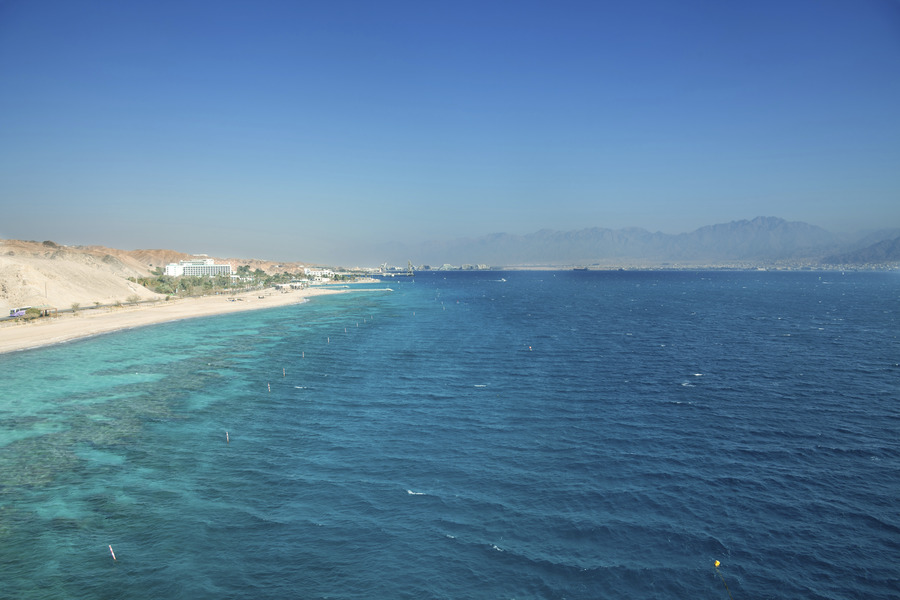
Eilat coastline, Israel. Photo credit: © Shutterstock
Additionally, you must submit an Online Entry Form within 48 hours of your flight to Israel, showing details of your vaccination or recovery. Once completed and declared successful, you will be given an entry declaration and a Green Pass (sent to you by email) which you must show your flight attendant before boarding. Before you fly, you must be able to show a negative test result - either a PCR test taken 72 hours beforehand or a supervised antigen test taken within 24 hours of your flight time.When you land at Ben Gurion airport, you will have to take a test at the airport, administered by Femi/Test & Go. This can be ordered online, at a cost of 80 NIS, or 100 NIS if you don’t pre-register. Once you have taken the test, you should travel (preferably not using public transport) to your destination and quarantine there until your test result is confirmed to be negative. This usually takes between 12-24 hours. You are then free to travel around Israel, without hindrance.
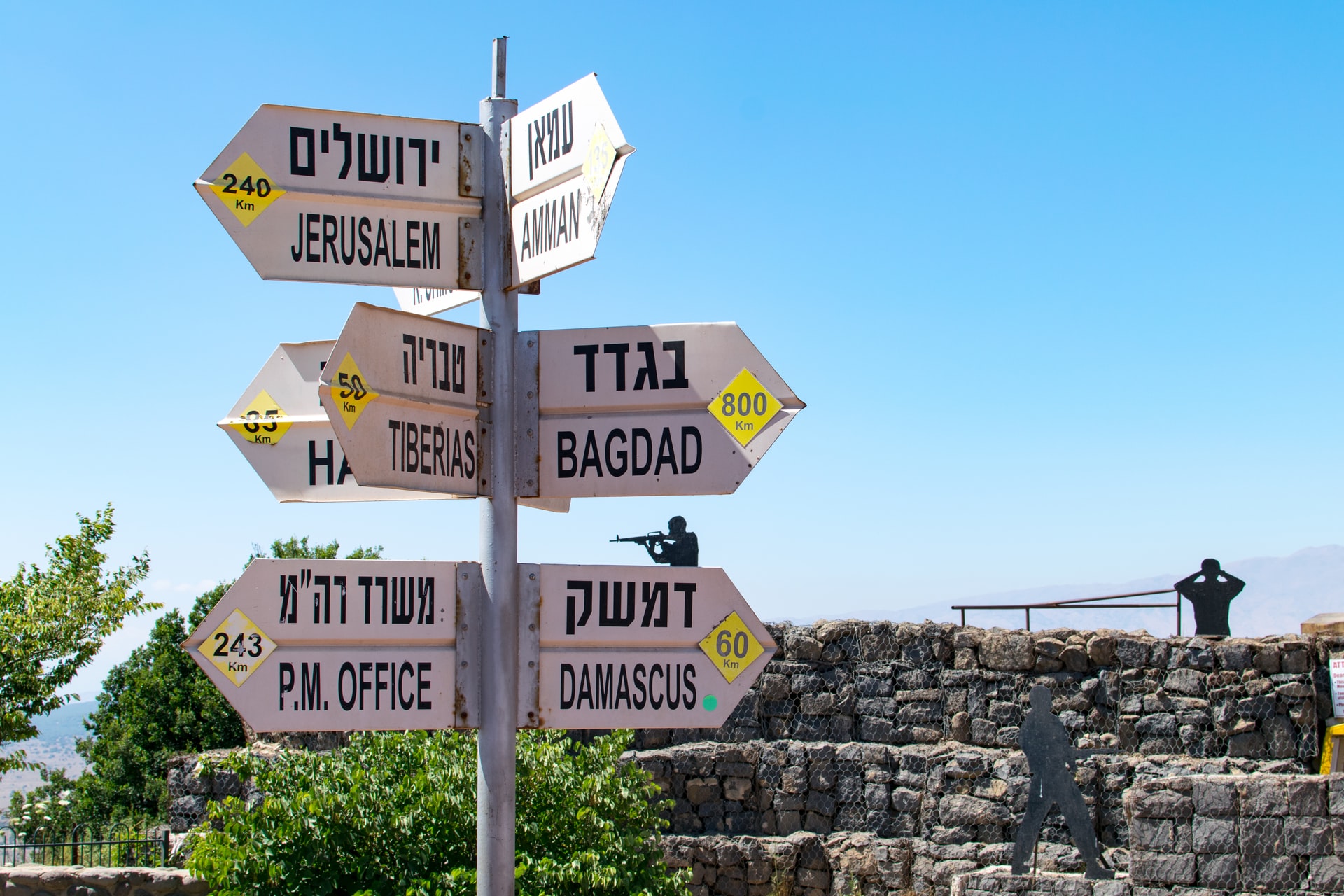
Signpost in Israel. Photo by Benjamin Rascoe on Unsplash
From 1st March 2022, who is allowed to enter Israel?
From 1st March 2022, Israel is substantially downgrading its list of requirements for entry, and whether you’ve been vaccinated or not, you will now be allowed entry.
Taking a Covid test both before boarding and upon arrival to Israel
The only condition of entry is that all visitors take a PCR test (which must be negative before boarding) and then submit to a second PCR once they land. Please note that, unlike at present, there is no option for using an Antigen test. The test you take before leaving your destination must be a PCR test. You will also need to fill out an Online Entry Form (see above), no more than 28 hours before your departure.
Arriving at Ben Gurion Airport
When you arrive in Israel by air, as stated above, your next test will be carried out at Ben Gurion Airport by ‘Test & Go’ and can be ordered beforehand, online, or simply paid for on arrival. You will then be required to stay in quarantine at your hotel/apartment until either the test comes back negative or 24 hours have passed.

Sunset in the south of Israel. Photo by Shai Pal on Unsplash
Do I need a visa to enter Israel?
Israel entry requirements are pretty straightforward for almost 100 nations - on arrival, you will be given an automatic visa (which is free) for 90 days. That’s usually enough for most people, although it is sometimes possible to extend it (if you don’t mind dealing with Israeli bureaucracy!) The conditions of this are quite standard - that you have a passport that has at least 6 months validity, proof of sufficient funds, and an onward/return airline ticket.
You’ll then be given a slip of paper by officials, which is known as a ‘B2’ visa and which you should keep for the duration of your stay. Countries that grant an automatic visa include (but aren’t limited to) the US and Canada, most of Europe and South America, Hong Kong, Japan, Taiwan, Australia and New Zealand, and South Africa. More recently, the UAE joined the list, so it’s easier than ever to travel between Tel Aviv and Dubai.

Dormition Abbey, Jerusalem, Israel. Photo credit: © Shutterstock
Can I enter Israel from Jordan?
The good news is yes! There are three points at which you can cross over from Jordan to Israel - in the north, center, and south, though most people use the one in the south. This is called the Wadi Araba/Yitzhak Rabin crossing, and it’s on the Red Sea (in Eilat), bordering the neighboring Jordanian port city of Aqaba. It’s a new and modern terminal, and probably the fastest of the three crossings at which to cross.
Additionally, it’s the ideal border to use if you want to make a trip to Petra, the wondrous ‘lost city’ of the Nabateans, just a two-hour drive from the Israeli border. You can even make the trip in a single day, although if you really want to get the most out of a visit, we recommend two or three days. As above, follow the PCR guidelines (obtain a test in Jordan, which you can present at the border crossing and then submit to an additional test when you arrive at the Israeli terminal).
From there, you can take a taxi into Eilat (there is a taxi rank there, and you can usually agree on a price of around 50 NIS) or walk just over 1km and catch the local bus into town/the central bus station, which will be a fraction of the cost of a cab. The Wadi Araba/Aqaba crossing is open from 06.00 -20.00 seven days a week, at present, but closes for significant Jewish holidays and Muslim festivals or in times of political turbulence (it is advisable to check ahead of time, to ensure you do not have a wasted journey).
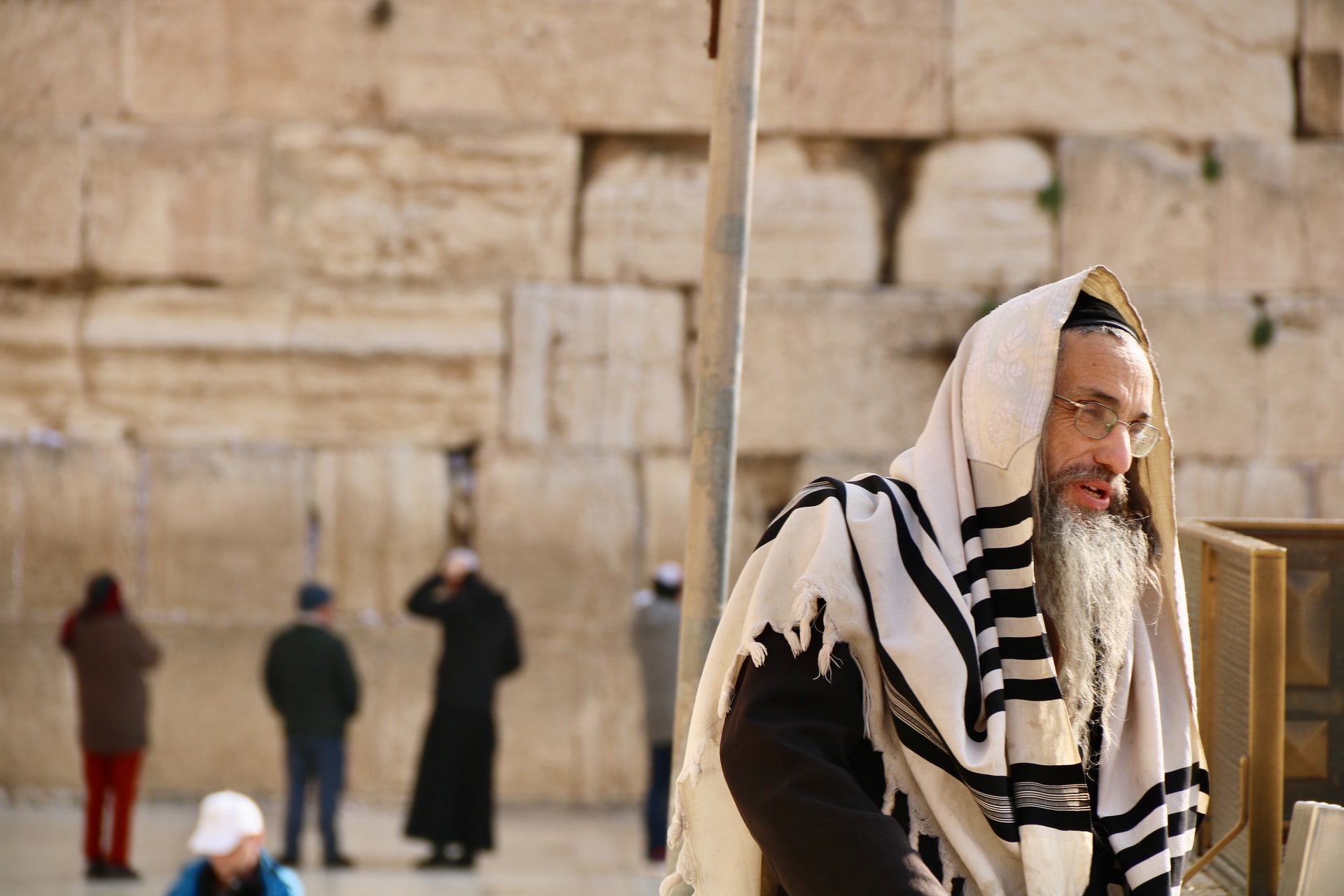
An Orthodox Jew at the Wailing Wall, Jerusalem, Israel. Photo by Jorge Fernández Salas on Unsplash
Can I enter Israel from Egypt?
You can also enter Israel from Egypt - if you are coming overland, the southern border between Eilat/Taba is where you will arrive. This is a popular crossing for those who have been diving in the Sinai or exploring the country but not wanting to fly out of Cairo.
As with Jordan, you will have to take a PCR test before leaving Egypt and a second on the Israeli side. You can then take a taxi (between 40-50 NIS) or a public bus (number 15 - around 5 NIS) to Eilat. Please note that the Taba border is open every day from 08.00-20.00, except for Yom Kippur (the Jewish Day of Atonement) and the first day of the Muslim New Year.
We hope this information has been of use to you and that whether you’re coming for Easter in Israel, Tel Aviv Fashion Week, Gay Pride, a summer holiday or to see friends and relatives, you’ll have a wonderful time. And if you would like to book a day tour or hire a private guide, don’t hesitate to contact us - we’re here to make your stay a fantastic one. See you soon…
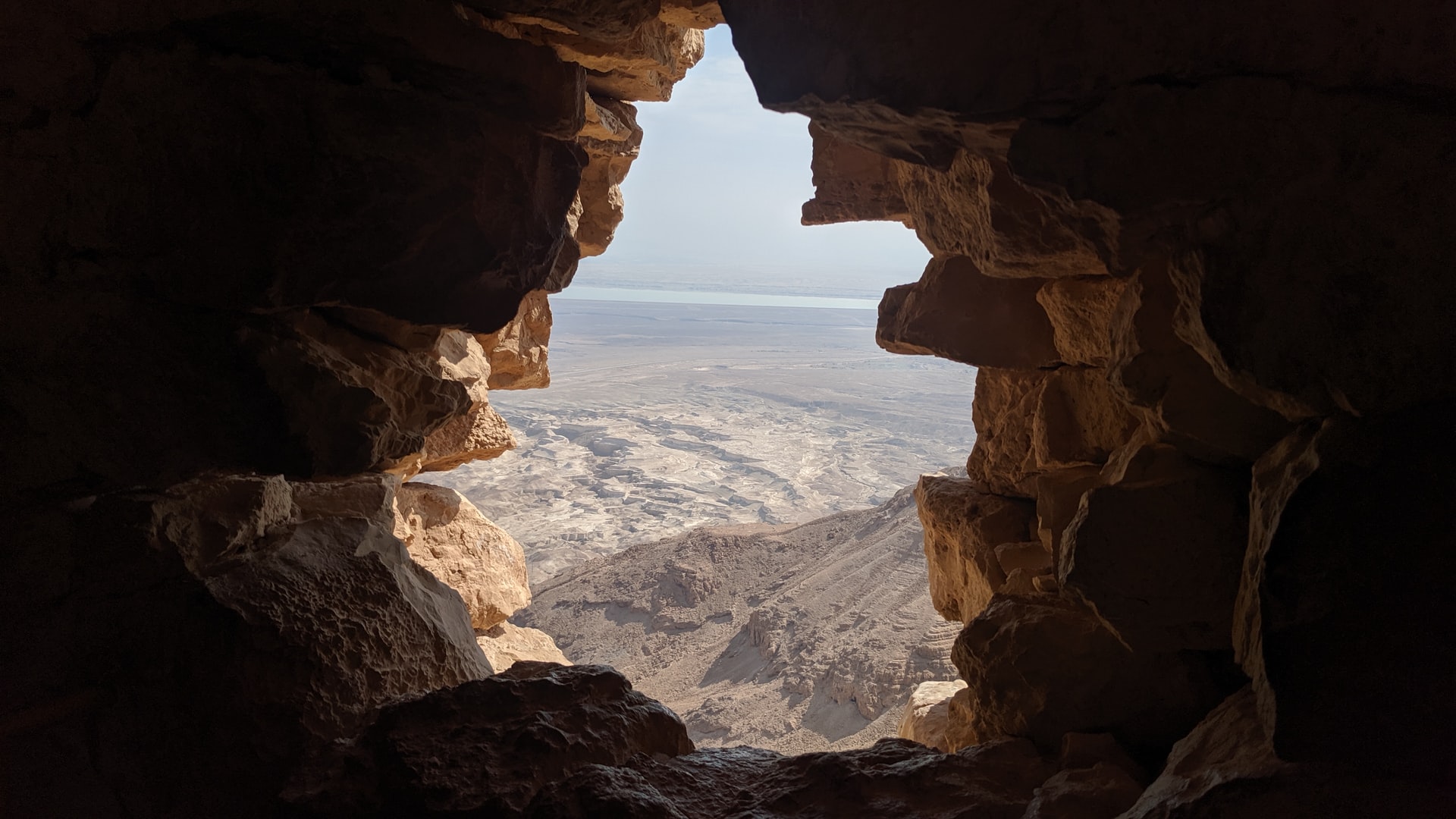
Looking through an ancient stone wall opening at the Masada ruins in Israel. Photo by Craig Vodnik on Unsplash
 Login / Register
Login / Register
 Contact Us
Contact Us
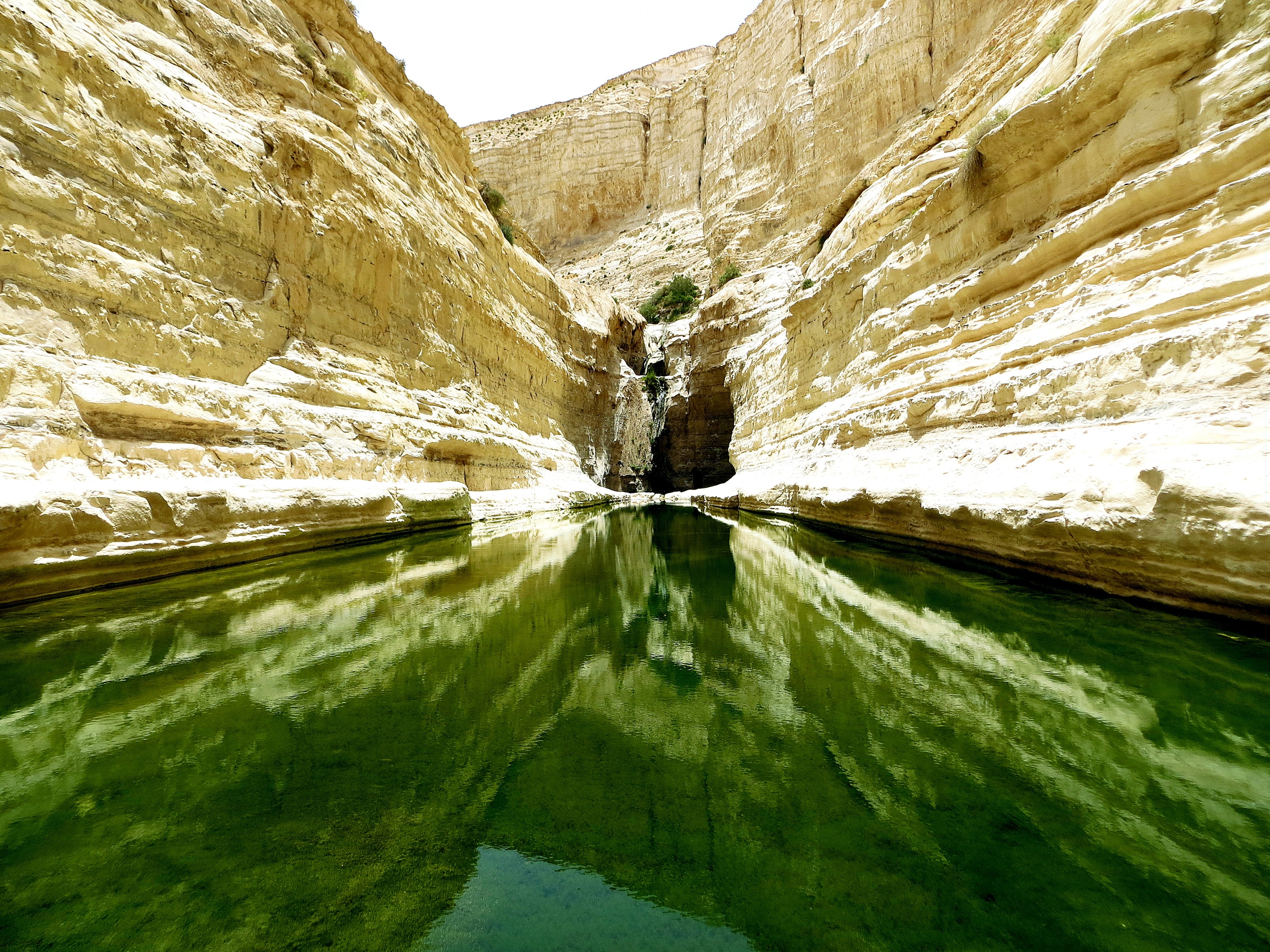
 Certificate of Excellence
Certificate of Excellence Guaranteed Departure
Guaranteed Departure Low Prices Guaranteed
Low Prices Guaranteed 24/7 Support
24/7 Support




